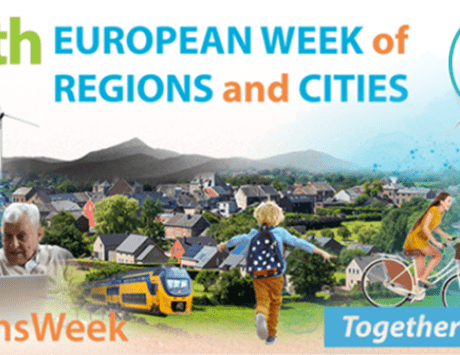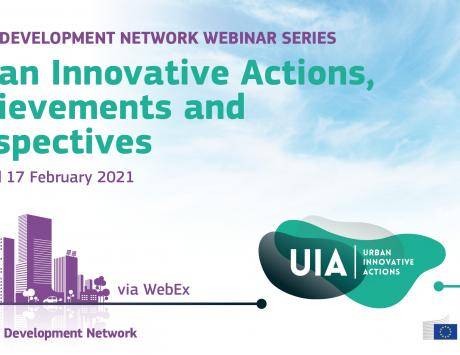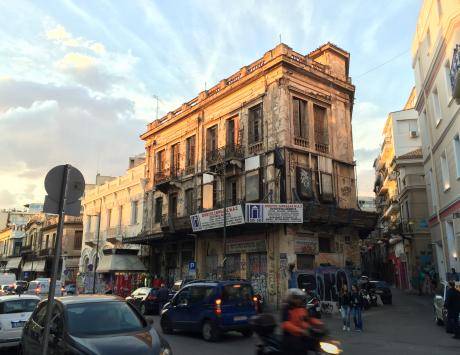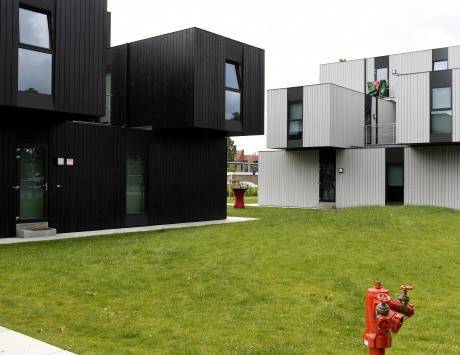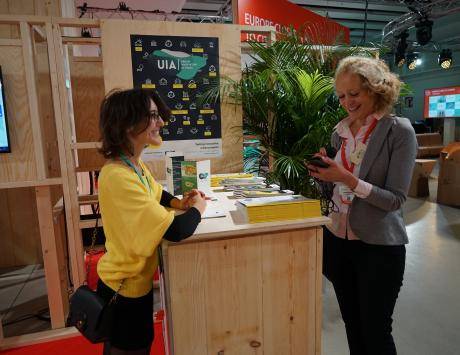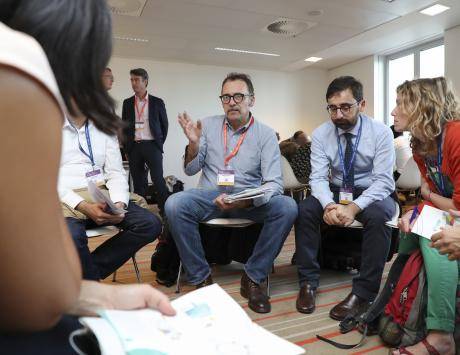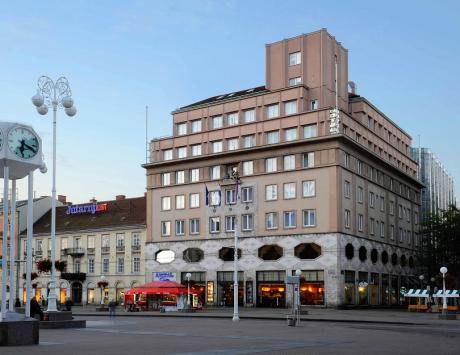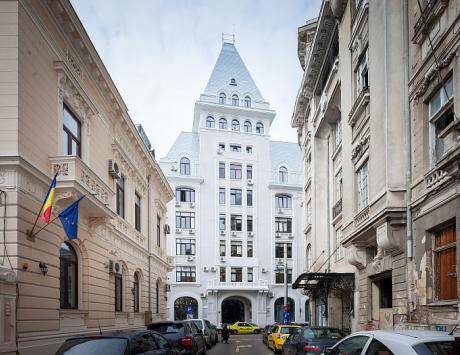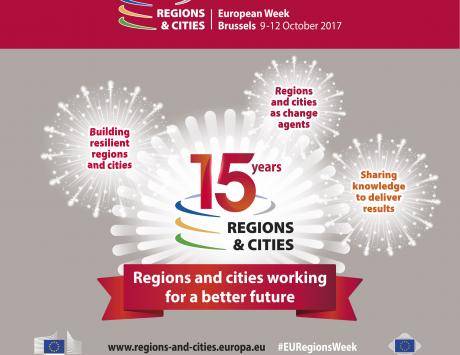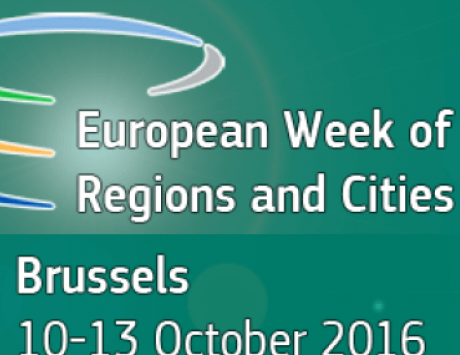The International Urban and Regional Cooperation Programme is calling for EU cities!
Right2housing.eu: the EU cities’ call for adequate housing
Think bold and bring results #UIAstories
Horizontal issues
Careful and thoughtful consideration of ethical and participatory dimensions of evaluation are im
UIA projects are to go beyond traditional policies and services – they need to be bold and innovative. Consequently, monitoring and evaluation of such projects presents its own set of challenges. First, a distinction needs to be made between these two elements. Interwoven and interconnected, monitoring and evaluation often get confused, and the lines between them blurred.
The vision of a city in which Mobility as a Service (MaaS) offers citizens a ‘genuine alternative to the private car’ is one towards which city planners are currently striving. There are generally two parts to the vision (put into practice by Ghent for example). First, reducing reliance on private cars through urban redesign (Barcelona’s superblocks, Paris’s 15-minute neighbourhood/city, Ghent’s ‘car free’ centre, etc.) and rethinking work, such as making more use of teleworking. Second, putting in place alternative transport options, including public and/or private options to create a multimodal network, in which transport is provided as a service. Of course, shifting away from the private car, which remains irresistibly convenient in cities designed for cars, is a challenge. Studies conducted in the United States show that the use of public transport drops by up to 90 percent when passengers must walk more than half a mile to the nearest transit stop. To compete the transport offer, public or private, MaaS must therefore offer complete and convenient journeys. In turn, this means developing an integrated network, in which the ‘first mile/last mile’ can be serviced by emerging mobility options, from shared EVs to various forms of micro-mobility. The key to making MaaS work is network integration (offering seamless journeys) and this in turn requires that information – i.e., data - (e.g., routes, schedules, wayfinding apps is made available to citizens.
Events
Cities Forum 2023 – Together for green and just cities
EU cities acting for just transitions and climate adaptation
Designing sustainable urban projects: learnings from the Integrated approach in UIA projects
UIA @EURegionsWeek: How to contribute to innovative, integrated and effective urban policies – UIA stories
UIA @EURegionsWeek: Innovation for Just Urban Transitions
During this key EU Regional and Urban policy event, the Initiative will launch its two-years-long Knowledge Activity on Just Transitions in the urban context. Register and explore urban authorities’ contribution to design just zero-carbon transitions that leave no one behind.
Cities engaging in the right to housing: a call for a long-term political commitment
Rethinking monitoring and evaluation practices: UIA lessons learnt
Urban Development Network webinars: UIA, achievements and perspectives
Behaviour change for sustainable mobility -Join the online event!
Housing Fair Finance
Making the most of food in cities @EURegionsWeek 2020
Discover UIA cities bold food solutions to tackle complex urban challenges!
UIA session @EURegionsWeek: How to implement the right to housing?
UIA session @EURegionsWeek: Innovation for Urban Mobility
Join us as we dive into UIA cities reflection and experience on innovation and mobility and discover urban findings and main lessons captured from UIA projects!





